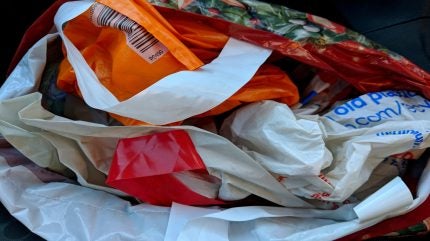
The Islamabad Capital Territory administration, in collaboration with the Pakistan Environmental Protection Agency, has ramped up efforts to enforce the Islamabad single-use plastic ban.
This initiative aims to mitigate plastic pollution in the capital city and its surrounding regions, thereby safeguarding the environment and public health.

Discover B2B Marketing That Performs
Combine business intelligence and editorial excellence to reach engaged professionals across 36 leading media platforms.
In a recent statement, the Ministry of Climate Change and Environmental Coordination announced that the enforcement of the Single-Use Plastics (Prohibition) Regulations, 2023, has been bolstered through inspection drives.
These drives target key commercial zones within the city, ensuring that the regulations are strictly adhered to by businesses and individuals alike.
Inspection teams have been actively visiting bakeries, hotels, plastic suppliers, and local vendors across various localities. The objective is to ensure that these establishments comply with the ban on single-use plastics, particularly focusing on polythene bags.
These enforcement actions have led to the confiscation of large quantities of banned items and the imposition of fines on several offenders.

US Tariffs are shifting - will you react or anticipate?
Don’t let policy changes catch you off guard. Stay proactive with real-time data and expert analysis.
By GlobalDataThe Single-Use Plastics (Prohibition) Regulations, 2023, is a comprehensive ban that includes the manufacturing, import, distribution, sale, and use of single-use plastics. This includes items such as polythene bags and disposable beverage containers, which are known contributors to environmental pollution.
In June 2024, Coordinator to Pakistan’s prime minister on climate change Romina Khurshid Alam called on all provincial governments to adopt Punjab province’s plastic ban policy. This initiative is expected to navigate the country towards becoming plastic-free.
In July 2024, Shell Pakistan launched what it describes as Pakistan’s first-ever recycled plastic retail site – the Malik Service Station at Shahrah-e-Faisal, Karachi.





